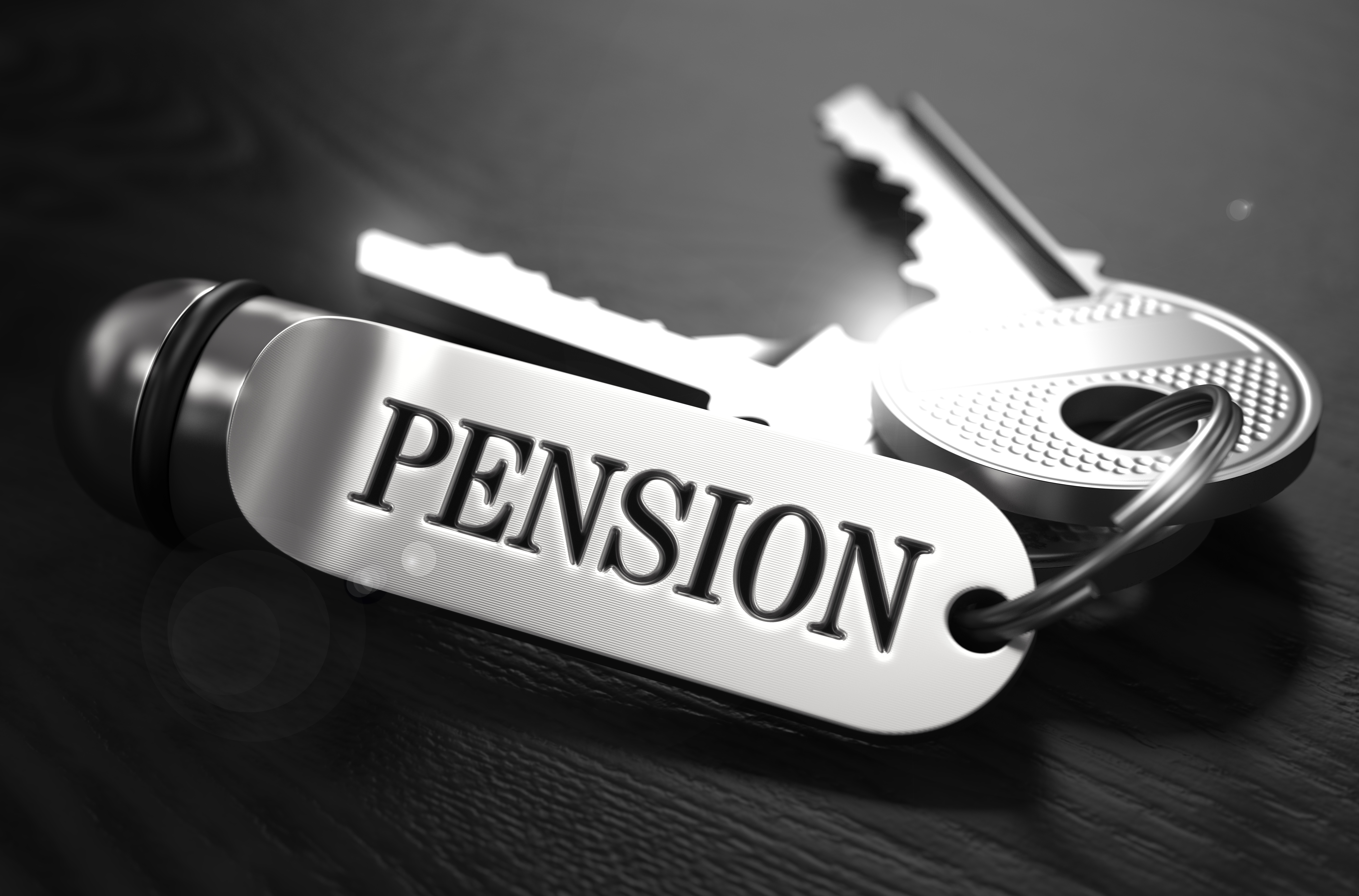News
£20bn languishing in unclaimed pension pots due to home moves

There are an estimated 1.6 million pension pots worth £19.4bn lying unclaimed simply because savers have moved home and not updated their provider with their new address.
On average, people move home eight times over their lifetime and while the majority automatically think to tell their GP, dentist, bank and utility provider, pensions are often forgotten.
Research from the Association of British Insurers (ABI), the insurance and long-term savings industry trade body, revealed that just one in 25 people consider telling their pension provider when they move home.
It found the average unclaimed pension pot is worth £13,000.
The government estimates there could be as many as 50 million dormant or lost pensions by 2050.
Insurers usually try to reunite people with their lost pensions, life insurance and investments by sending a letter to the new address.
In 2017, more than 375,000 attempts were made to contact customers, leading to £1bn being reunited with owners.
Dr Yvonne Braun, director of policy, long-term savings and protection at the ABI, said: “During the lockdown many of us have been focussing on those jobs that never get done, so now is the perfect opportunity to check all your financial information is up-to- date with the correct address.
“It is simple to do. All you need is to check the address on your last annual statement or log in to your provider’s website. Don’t worry if you don’t have this information, we have a guide on our website to help track your insurance and pension policies and some tips on responding to tracing letters, along with our members’ contact details.
“Long-term savings providers will continue to work hard to reunite people with their lost money. People deserve all the cash they are entitled to. To ensure more people than ever are reconnected we will continue to work with government to explore ways data can be used to verify customer addresses.”
How to track down a forgotten pension
Sarah Coles, personal finance analyst at Hargreaves Lansdown, provides the following tips to help you track down a pension:
Workplace pensions
With auto-enrolment, each new job means you’ll leave a pension pot behind (unless you choose to transfer it).
The more paperwork you have, the easier it will be to find a pension, because it should show the details of the scheme administrator or the pension company holding your money.
If you can’t find any paperwork, contact your old employer. Provide details of the dates when you worked there, and ask for contact details of the pension company.
If your employer moved or changed name since you left, you’ll need its new details. A search of Companies House should help track down its latest incarnation.
If you can’t track them down, contact old colleagues who may have held onto some of their paperwork to give you a hand.
If you can’t find any paperwork or contact your old employer, try the government’s Pension Tracing Service. It will search 200,000 schemes and supply contact details of companies you have a pension with. You can then call the company concerned and get them to unearth your forgotten cash.
If the Pension Tracing Service draws a blank, you could also try HMRC. If you were contracted out of the State Second Pension in the past through a workplace scheme, HMRC may have details.
Personal pensions
Dig out any old paperwork to give you an idea of where your money is held. The more you can find, the easier the process, but if you don’t have anything else, check your bank statements which should show who you were making contributions to.
You can then contact the pension company direct and ask them to track down your money.
If you can’t find anything at all, the Pensions Tracing Service should be your first port of call.
If you draw a blank there, the Pensions Advisory Service can provide template letters to send to providers for more details. Alternatively, you can pay a fee to search the Unclaimed Assets Register.